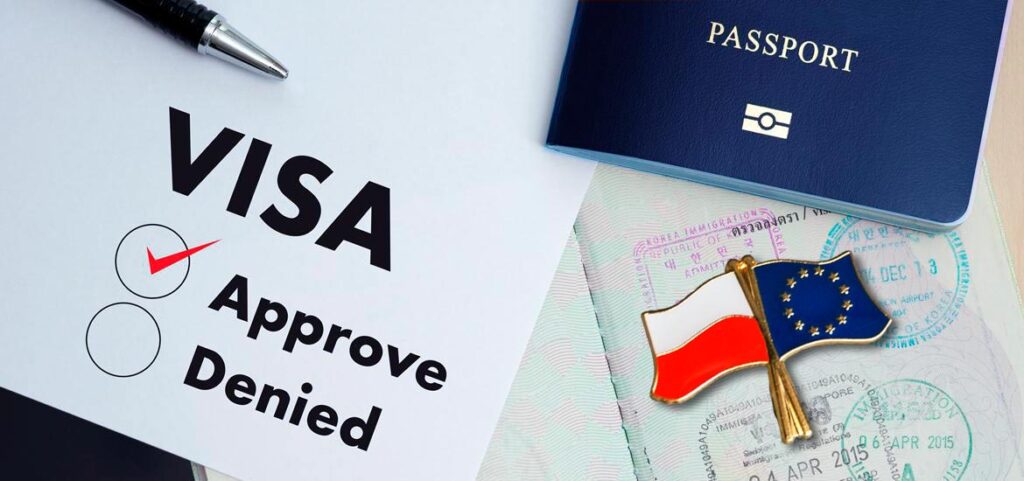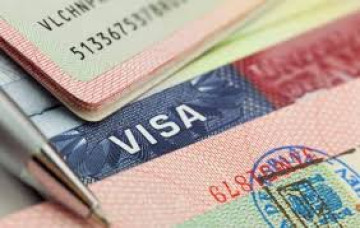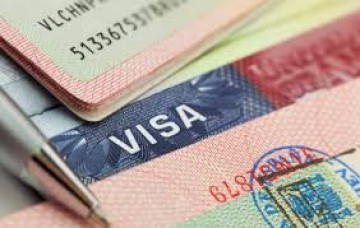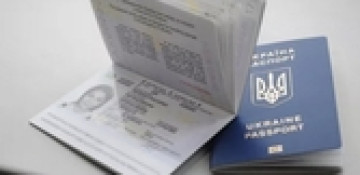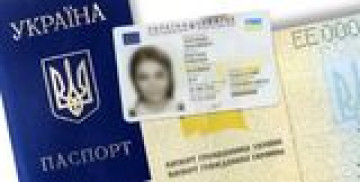Everything about visas to Poland: work, national, and Schengen visas
Poland is currently one of the most attractive destinations for people from Ukraine and other countries who want to work, study, or travel. Thanks to its strategic location in Europe, stable economy, and openness to foreigners, the country offers a wide range of visa solutions for various purposes. In this article, we will discuss in detail the types of visas to Poland, application procedures, required documents, and legal support opportunities provided by the Legal Service "Consultant".
Types of visas to Poland
There are several categories of visas to Poland, each corresponding to specific purposes of stay:
- Schengen visa (type C) – short-term stays up to 90 days within any 180-day period. It is used for tourism, business, or short-term educational programs.
- National visa (type D) – for long-term purposes, including study, work, family reunification, or medical treatment. It allows a change of residence status while in Poland.
- Work visas – a specific type of national visa that entitles the holder to legal work in Poland based on a previously signed employment contract.
- Special visas – include seasonal, student, and diplomatic visas, which are regulated by separate provisions of Polish law and international agreements.
Schengen Visa (type C)
The Schengen visa (type C) is the key to short-term stays in Poland and other Schengen area countries. Main parameters:
- Conditions for obtaining: confirmation of travel purpose, proof of sufficient financial means, and insurance.
- Period of stay: up to 90 days within 180 days.
- Number of entries: single, double, or multiple, depending on the confirmed purpose and applicant’s travel history.
The Schengen visa is ideal for short business trips, tourist visits, or participation in conferences. However, it does not grant the right to legal employment or long-term stay.
National Visa (type D)
The national visa (type D) is intended for long-term stays in Poland. It is particularly useful for people planning to work, study, or reunite with family.
- Long-term purposes: study, work, family reunification, medical treatment, participation in cultural or scientific programs.
- Change of status: the national visa allows submitting applications for residence or work permits without leaving Poland.
- Validity period: usually up to 1 year, with the possibility of extension or obtaining a temporary residence card.
The national visa (type D) is the optimal solution for those planning permanent residence in Poland and needing legal status with the right to work.
Application procedures
The process of obtaining a Polish visa includes several key steps:
- Determining the type of visa depending on the purpose and duration of stay.
- Registration for submission through the consulate or visa center in the applicant’s country.
- Submitting documents personally or through an authorized representative.
- Paying the fee and waiting for a decision – processing times depend on the type of visa and season, usually from 5 to 30 business days.
- Receiving the visa after a positive decision – documents are returned with the visa sticker.
Correct adherence to procedures is a key factor in minimizing the risk of refusal.
Required documents and costs
To obtain a visa, you must prepare a standard set of documents:
- Completed application form (in English or Polish).
- Foreign passport, passports and visas valid at least 3 months after the visa expiry date, with at least two blank pages.
- Photos compliant with ISO standards.
- Proof of financial security – bank statements, sponsorship letters, or income certificates.
- Medical insurance covering the entire stay.
- Documents confirming the purpose of travel – invitation, employment contract, certificate from an educational institution.
Costs include the consular fee (depending on the visa type and applicant category) and additional administrative fees if the application is submitted through a visa center.
Question
What to do in case of refusal or delay?
Answer
Analyze the reasons for refusal – obtain an official letter with explanations, submit an appeal or a new application, taking into account the removal of deficiencies, legal support – consultation with a specialist who will help prepare documents in accordance with Polish law. In case of delays in processing, it is important to keep copies of all documents and confirmations to speed up the process if additional inquiries arise.
Legal assistance from Legal Service “Consultant”
The company “Consultant” provides a full range of services related to obtaining a visa to Poland:
Consultations on choosing the type of visa – work, Schengen, or national.
Preparation and verification of documents – minimizing the risk of refusal.
Support during application submission – speeding up the process and ensuring compliance with the law.
Handling complex cases – assistance in appeals, refusals, and delays.
Legal support guarantees that the entire process will be carried out in accordance with Polish laws and procedures.
Differences between type C and D visas
The differences between type C and D visas concern several aspects. A type C visa allows a stay of up to 90 days within any 180-day period, while a type D visa is long-term and valid from 3 months up to 1 year. A type C visa is mainly intended for tourism, business, or short educational programs, whereas a type D visa allows work, study, family reunification, or medical treatment. In Poland, the status of a type C visa cannot be changed, while a holder of a type D visa can submit documents for a residence or work permit. A type C visa can be single-entry, double-entry, or multiple-entry, whereas a type D visa is usually multiple-entry and allows for an extension of stay. Understanding these differences is crucial when planning a trip and choosing the appropriate visa type.
Choosing and obtaining a visa to Poland requires a careful approach, knowledge of legal regulations, and a clear understanding of the purpose of stay. The Schengen visa (type C) is suitable for short trips, while the national visa (type D) is intended for long-term residence and legal employment. In case of difficulties or risk of refusal, the company Konsultant provides professional legal assistance at all stages of the process. With the right approach, your trip to Poland will not only be legal but also maximally comfortable and effective.

